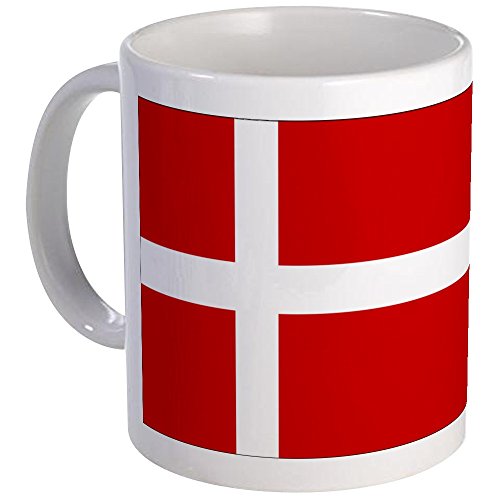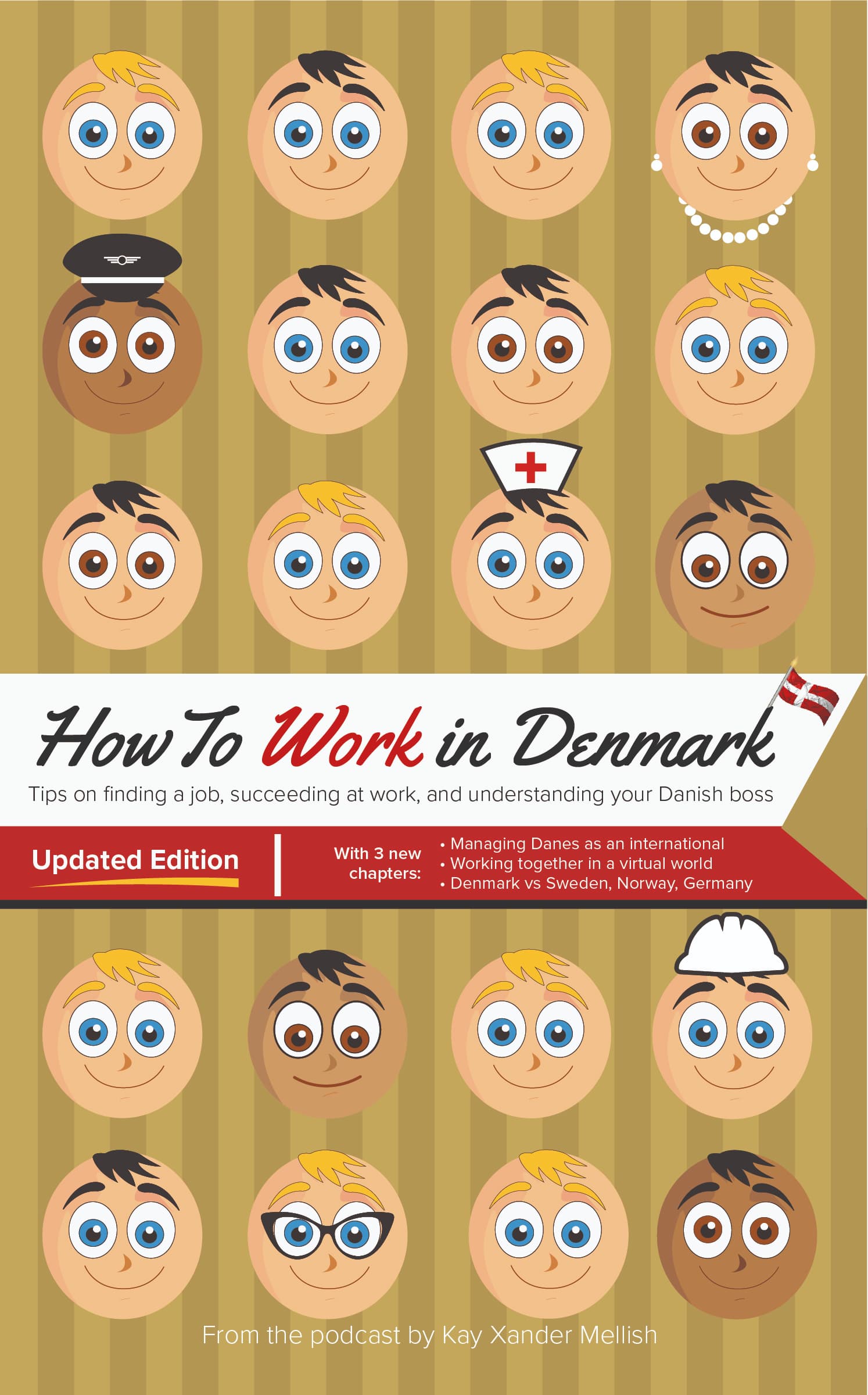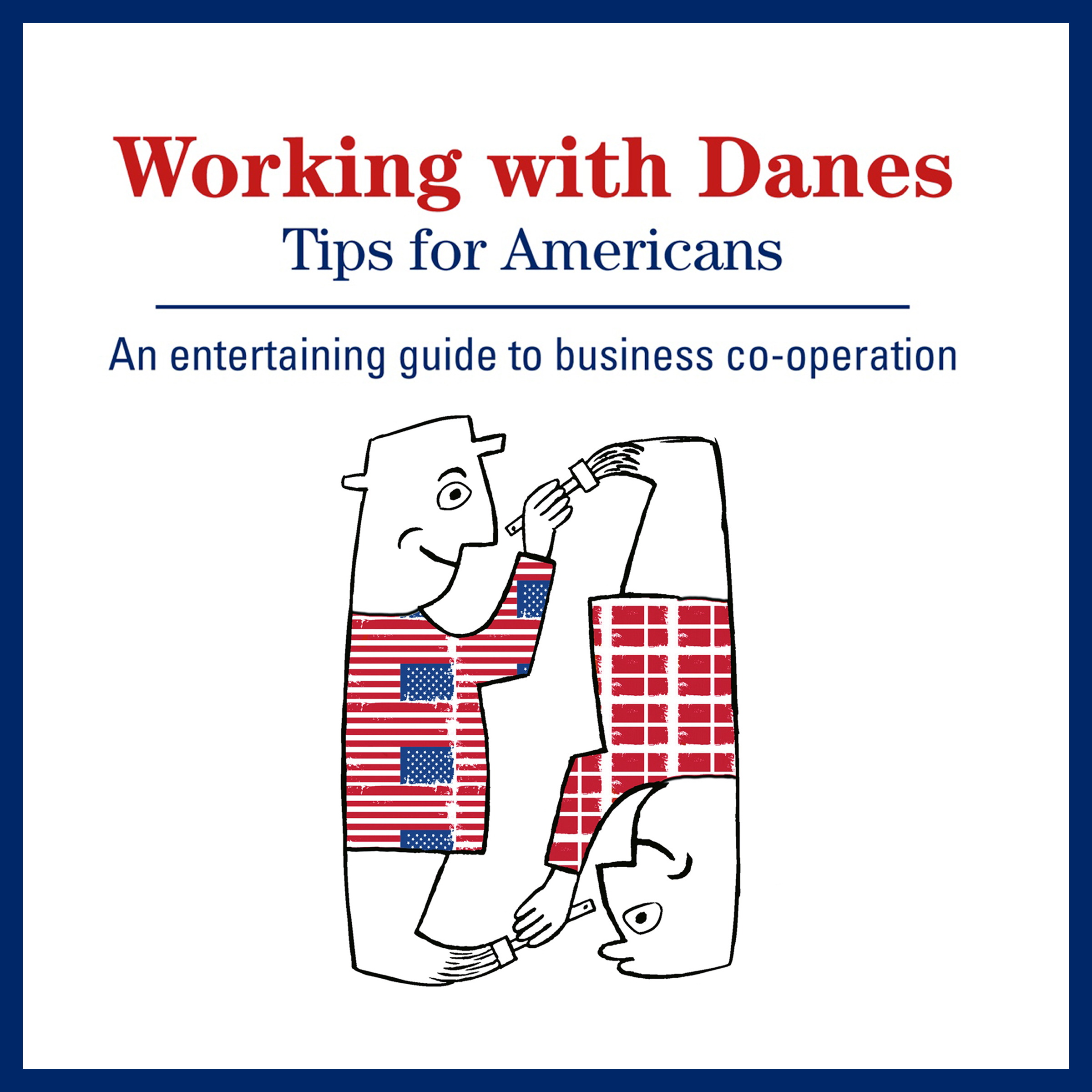Danish workplace culture
A few quick tips
Danish workplace culture is admired all over the world. Its flat hierarchy, participatory management, trust and transparency make for an positive and supportive working environment, and the flexible working hours, extensive paid vacation, and parental leave allow for a good work-life balance.
Meanwhile, Denmark’s national “flexicurity” model allows businesses to hire and fire easily, knowing their workers have the soft pillow of the Danish welfare state to catch them if they fall.
While Denmark’s workplace culture attracts people from all over the world, it’s a good idea to review the basics before your first day of work in Denmark.
Understanding Danish workplace culture
If you’re worried about what to wear to work in Denmark, don’t be. Most people dress casually, and the tone in most offices is casual too. Slacks and a sweater or blazer will do in most circumstances. A job title in Denmark isn’t very important; many Danes don’t even use their titles.
It’s common for everyone to sit on the same floor in an open room; a few closed offices on the side are available for quiet thinking.
You and your Danish colleagues will probably eat a quick lunch together in the company “canteen” before going back to work. Danish bosses sit alongside their reports, and young employees sit right next to more established ones.
Do’s and Don’ts of Danish workplace culture
A Danish boss will probably have a different approach than a boss in your home country. Micromanagement is uncommon in Denmark: instead, your boss will probably discuss with you the timeline, goals, and budget for a project, and then set you free to solve problems and make your own decisions within the framework you have agreed upon.
Some internationals find this hands-off approach confusing; they prefer to have more guidance and structure.
If you’re an inexperienced employee, you may also find it intimidating to be part of a Danish business meeting. Everyone is expected to have something to contribute at these meetings, even very junior employees.
And it is considered OK in Denmark to politely disagree with your boss, especially before a business decision is made. Your boss has hired you for your expertise, and will probably be angrier if you don’t (politely) raise your objections while there’s still time to do something about them.
Unions are important in Denmark
If you have a problem with your boss or co-worker in Denmark, usually the first point of contact is your union, which are popular even among knowledge workers in Denmark.
At large companies, the union will have a representative at your workplace. For smaller firms, you may have to get in touch with the union’s central office.
While joining a union is a good idea as soon as you arrive – in fact, they can help you review your employment contract before you even take the job – you won’t probably won’t need an “a-kasse” for unemployment money until your legal status in Denmark is secure. (Learn the difference between a union and an A-kasse.)
Get the book on Amazon, Saxo, Apple Books, Google Play, or at our webshop.
Finding a job in Denmark
Looking for jobs in Denmark takes time, particularly as an international. If you don’t speak Danish, you’re already at a disadvantage compared to other candidates; if you will need a working permit, that is another disadvantage.
Business leaders in Denmark are lobbying hard to make it easier to hire professionals from outside the country.
In the meantime, it’s important to put together a high quality Danish cover letter and Danish cv. Both often include personal information like your family status or hobbies, because Danish employers like to hire “a whole person.”
If you get a job interview in Denmark, it’s because they are seriously considering hiring you. Time is precious in Denmark, and the company would not be taking time to speak with you if they didn’t think you might be a good fit for the job.
Danish working culture: Life on the job in Denmark
Denmark has some of the world’s highest personal income taxes, which are required to finance the country’s extensive welfare state. Understanding your Danish taxes takes some practice, but
And if you’re going to bring a trailing spouse to Denmark, remember that they may need to pay Danish taxes on their worldwide income, too.
Denmark is a little country and everyone knows everyone, so never make a business enemy, because you’re certain to see them again and again.
And make sure that you never stop networking in Denmark. Knowing somebody personally is the way work gets done and people get hired. LinkedIn is very popular with Danes, so make sure your LinkedIn profile is up to date with a friendly-looking, relaxed profile image.
International managers in Denmark
Getting promoted in Denmark is not easy, in part due to the flat hierarchy – there are simply fewer management positions available.
But if you do become the boss, keep in mind the methods for motivating Danish employees that may be different than those in your home country.











